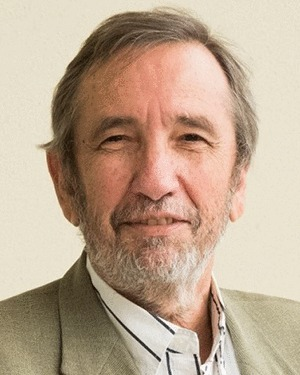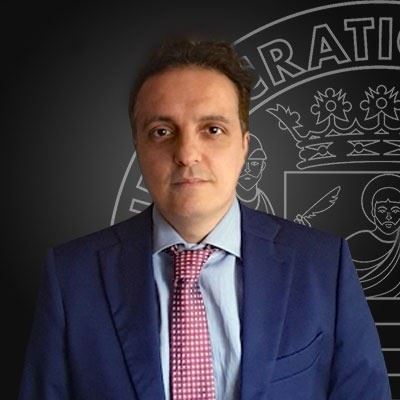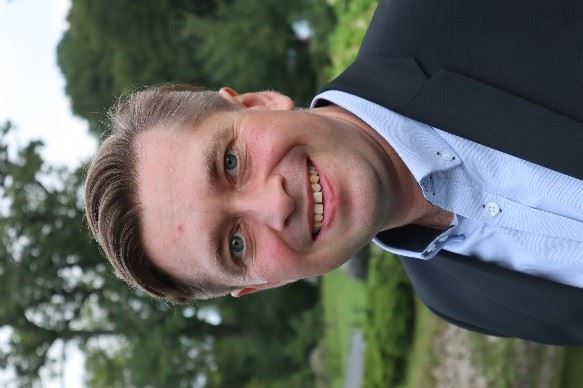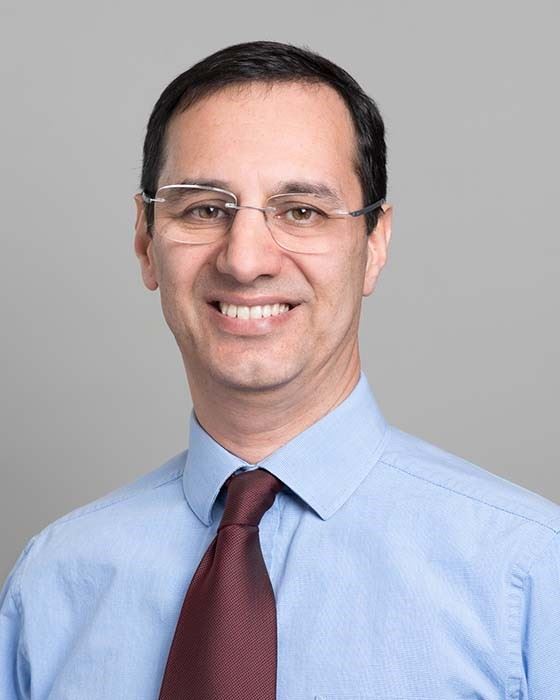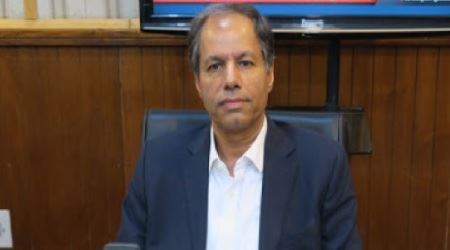
About Conference
Authors Information
Important Dates
Full paper submission
2021-12-16Notification of paper acceptance
2022-02-14Camera ready and video submission
2022-03-16
Login
Remaining time
End
Viewers' statistics
Today : 1
Yesterday : 20
Current month : 177
Last month : 332
General statistics : 486,356
